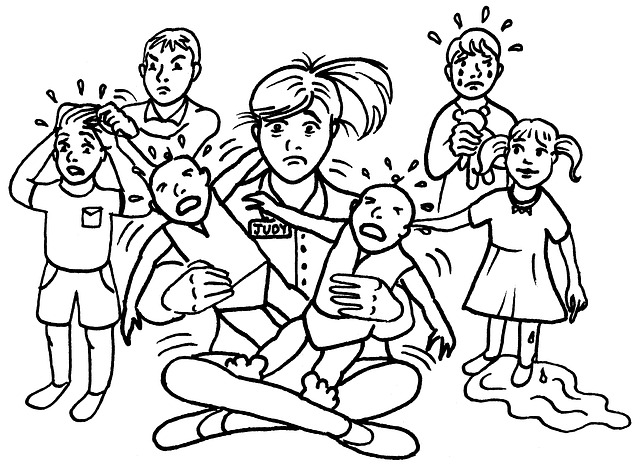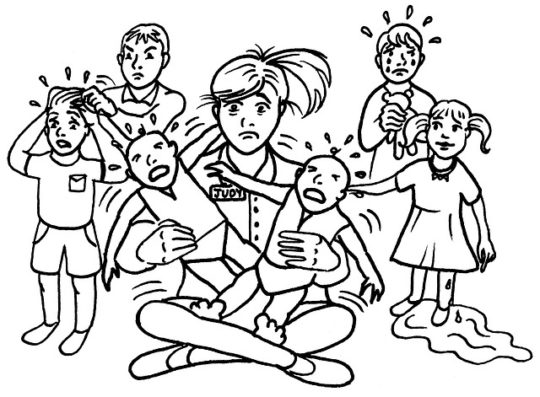
What do you do when high-level team of direct reports starts behaving like a squad of petulant teens? Do you ever observe the behavior, scratch your head and wonder what the heck happened?
What do you do when you’re the only adult in the room? Aside from providing pacifiers and grounding the squad, how can you help your staffers get back on track?
Many of the leaders I have coached, have found themselves in this position at one time or another. Their team suddenly falls apart. There is drama where there used to be camaraderie. There are hurt feelings where their used to be professionalism.
This is where true leadership is tested, and leaders have the opportunity to “fix” the problem and use the situation as a jumping off point for a stronger, more resilient team.
Coach Me Quick tips for helping your fabulous team, grow up:
Identify what triggered the behavior.
- Is this something that has been brewing for a while? Is there resentment built up around perceived unfairness or a lack of appreciation?
- Was there a change that shook your team to its core? Was a big project lost or an initiative mis-handled? Did a key team member leave the company?
- Has there been a change in your behavior or your management of the team?
Identify the toddlers or teens that are “leading” the behavior
- Does a member of the staff feel particularly aggrieved or ashamed? Can you identify the person (or people) who are most hurt, and/or acting out?
Have a direct conversation
- A 1:1 conversation with key staff members that may be facing challenges, can make a huge difference in changing the behavior of the team.
- During those conversations, take the time to listen to your team member and invite him or her to remember that they are fully capable to solve their own challenges. Work with them as they find their own solutions and implement them.
Repair your team with acknowledgement and renewed expectations
- Take the time to acknowledge the truth that there has been a glitch in the seamless flow of the team. Allow team members to share their experience and then acknowledge each of them for how they have handled the challenges at hand.
- Revisit the expectations you have for the team, inviting them to help to design and re-commit to the team goals.
Remember that occasionally your team will show up as toddlers or teens. You will do the same. Resisting these temporary “blips” will make them linger. Instead acknowledge everyone’s humanity and move on.


Love this Jamee! It all seems so simple when you lay it out like that. So I would think a key to the success of “fixing” the problem is being both empathetic but not buying into the drama with your own emotions.
I’m definitely sharing this with my community!
Thank you for taking the time to reply Eve and also sharing your great distinction; Having empathy and not buying into our own emotions (drama.). Wonderful:)
Love the closing paragraph: “Remember that occasionally your team will show up as toddlers or teens. You will do the same. Resisting these temporary “blips” will make them linger. Instead acknowledge everyone’s humanity and move on.” It’s so important to call it out, address it , learn from it and move forward. Thanks for this great reminder Jamee!
Thank you Brooke!